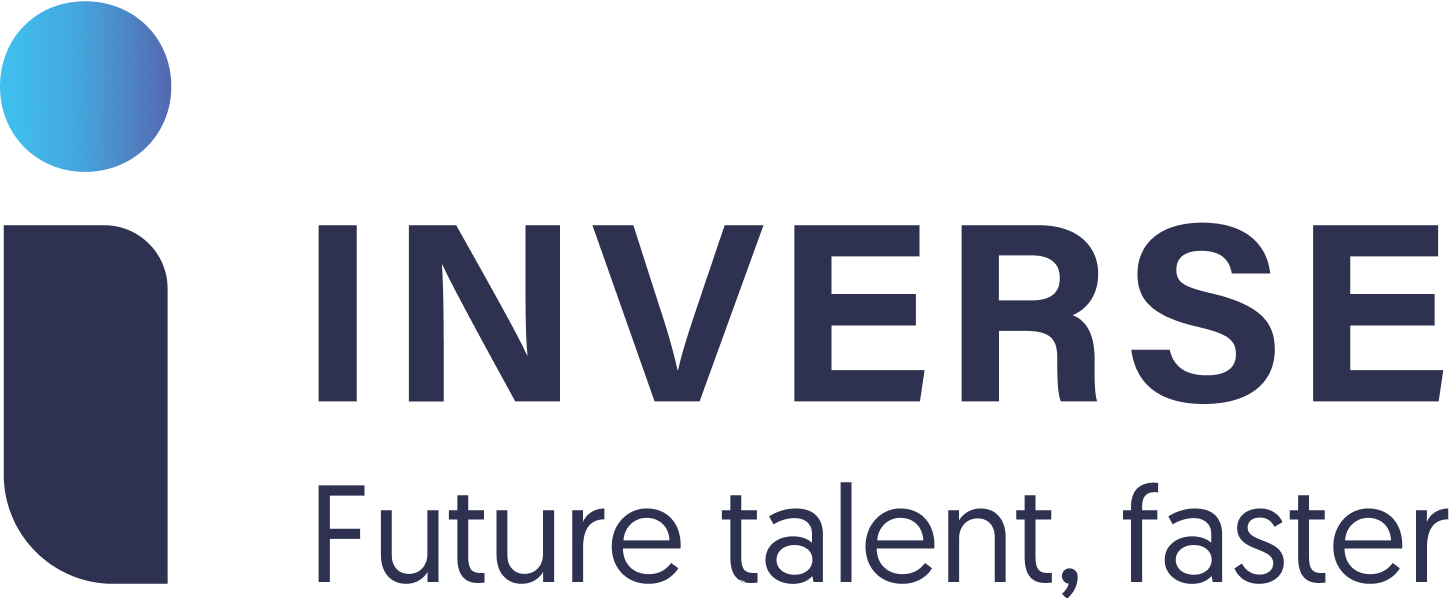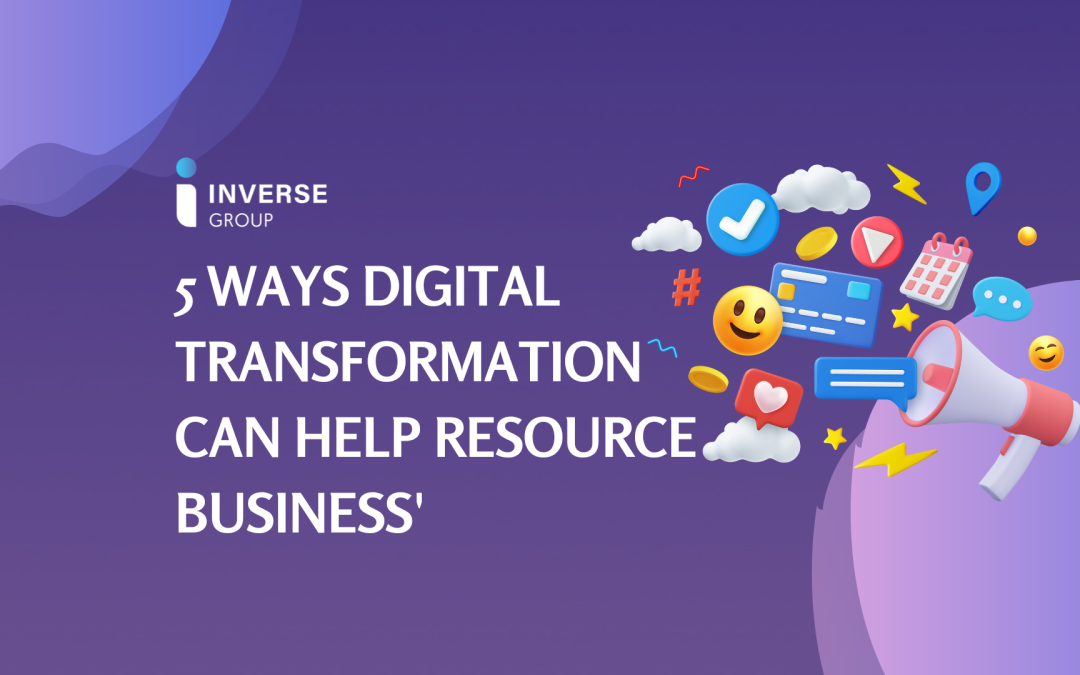Having been completely immersed in the digital space for a few weeks now what has been most interesting to me is how clients have seen value in their digital transformation. Some areas in which they think they have missed the mark. The recent economic challenges have provided a great test of these recently implemented technologies and I wanted to share 5 key areas in which our clients have succeeded and where they see the most benefit.
MINIMISING OPEX
In times of uncertainty, many companies look to CAPEX to save on the yearly budgets often cancelling and delaying expensive but profitable projects, causing a knock-on effect to subsequent contractors. In uncertain times companies should look to increased efficiency in their OPEX, setting themselves apart from the competition. Technology has been used to great effect in minimising OPEX through autonomous haulage, predictive maintenance studies, 3D printing for critical spare parts in remote locations all totalling almost 30% reduction in OPEX due to technology adoption across Energy companies throughout the world.
SCALABILITY
In boom times, a business’ scalability is critical to maximising its ability to profit on high commodity prices and increased demand. In contractions, a business’ scalability is equally important to ensure money is not spent unnecessarily on unused infrastructure. Cloud computing services such as Amazon Web Services ensure highly elastic computing solutions with a model that only charges the business for the services and data used. An AWS study showed their scalable services provided an average cost saving of 36% for their customers.
RESILIENT SUPPLY CHAIN
In times of uncertainty business’ must show resilience across their supply chain to maintain consumer confidence and continue operations. A resilient supply chain can work from anywhere at any time. If further travel restrictions or social distancing measures are to be imposed for a longer period, supply chains must be equipped to accommodate. Cloud computing and services such as Zoom have been instrumental in keeping people working through this current crisis and will not be soon forgotten. Autonomous vehicles, 3D printing and robotic process automation can further build resilience through the lessening reliance on human attendance. As seen recently in Brazil with the coronavirus pandemic the traditionally manual, people-centric mine sites have been forced to close crushing the countries iron ore exports.
INCREASED SECURITY
Industry and Government alike have been at the centre of a hacking frenzy with many companies falling victim to phishing and ransomware attacks across the globe. Not one sector has been immune with notable attacks in Australia ranging from Breweries, Hospitals, Logistics companies and Banks, causing costly repairs and downtime to technology services and in some cases losing terabytes of valuable data. For this very reason, a digital transformation strategy should hold security in the upmost importance. Every implementation should be made with security in mind. Although greater control is given with on-premise cyber-security it is also often mismanaged. Cloud security is ever adapting and with many large service providers there is an extensive team continuing to design and implement further security measures to keep your data safe.
LOWERING ALL-IN COST
A critical driver of a company’s success is the total cost to get the given commodities to market. I would like to note here specifically the AISC (All In Sustaining Cost) A common marker for gold miners. Resolute Mining realised a 15% decrease in their AISC at their Syama site, noting the main contributor to this as the automation of mine site equipment. Newcrest Mining, an advocate for digital innovation and one of the leaders of implementing digital technology across gold mining was the biggest riser in the Deloitte top 40 mining company rankings this year and also boasts one of the lowest AISC in Australia, coincidence? I think not!

